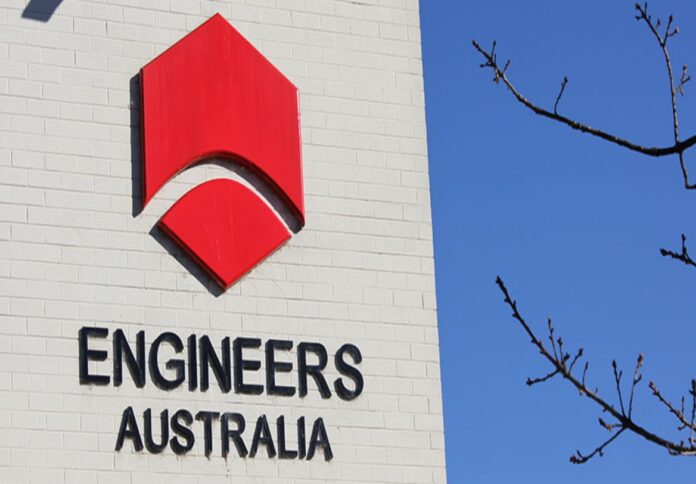
Engineers Australia has applauded the Australian Government’s release of the Circular Economy Ministerial Advisory Group (CEMAG) Interim Report and the Environmentally Sustainable Procurement Policy (ESPP) as significant milestones.
Romilly Madew, CEO of Engineers Australia, hailed these initiatives as important steps towards creating tangible benefits for Australians.
“By transitioning to a circular economy and environmentally sustainable procurement, we are safeguarding our planet for future generations while driving economic prosperity for everyone,” Madew stated.
Set to take effect on 1 July, the Environmentally Sustainable Procurement Policy aims to steer government officials towards purchasing goods and services that prioritise environmental friendliness, reducing greenhouse gas emissions and promoting sustainability.
Madew emphasised the transformative potential of sustainable procurement, highlighting its role in shaping markets, driving innovation, and fostering job creation.
Prioritising sustainable products and services will help drive demand for new technologies, materials and processes that are environmentally friendly, socially responsible, and economically viable,” she asserted.
The CEMAG’s Interim Report, unveiled concurrently, provides crucial guidance for Australia’s transition towards a circular economy.
With a strong emphasis on enhancing materials efficiency, reducing energy demand, minimising waste, and achieving net-zero emissions, the report outlines twenty recommendations to propel this transformation.
Among the priority suggestions are establishing circular economy provisions in sector plans, filling regulatory gaps with circularity requirements, utilising government procurement power to foster circular markets, and advocating for voluntary sustainability reporting aligned with international standards.
Madew underscored Engineers Australia’s commitment to supporting regulatory reform and coordinated action outlined in the Interim Report’s preliminary recommendations.
“We advocate for regulatory frameworks that foster circularity, addressing priority issues like strategic policy setting and economic leverage for circular markets,” she affirmed.
According to her, engineers are poised to play a crucial role in advancing the transition to a circular economy, implementing principles that promote materials efficiency, reduced energy demand, waste minimisation, and achieving net-zero emissions.
“We commend the government’s commitment to environmentally responsible practices and look forward to seeing the positive outcomes of this work,” Madew concluded.



















